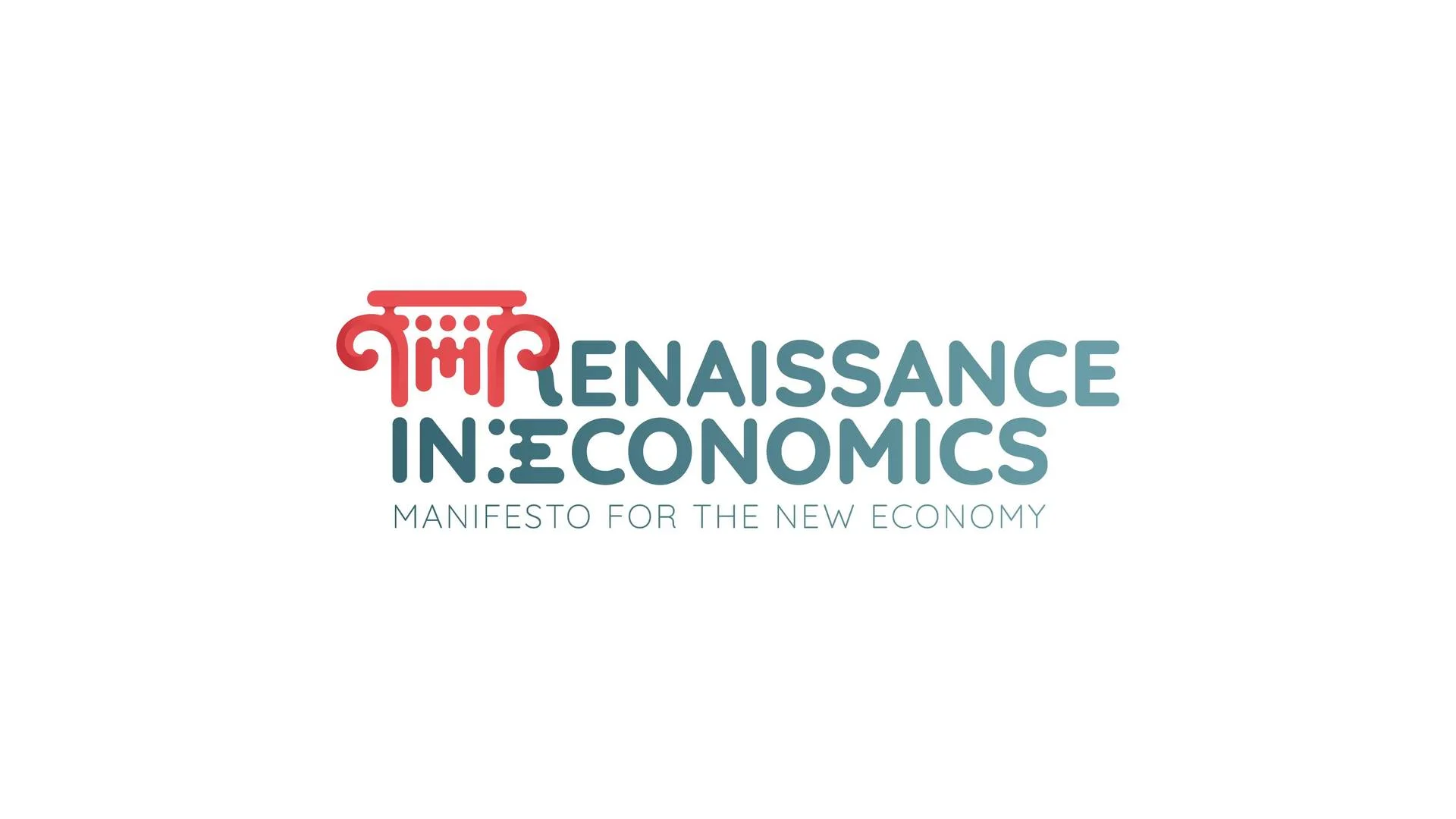-
- INOMICS Salary Report
- Posted 3 years ago
The Post-Pandemic Recovery of the Economics Job Market
The outbreak of COVID-19 created a worldwide recession, and many people experienced reduced work hours or unemployment because of it. Economists were not immune from this. In early 2021, INOMICS reported that one third of economists (especially those in the Global South) faced negative impacts on their careers due to the pandemic. Most affected were economists working in the private sector, though economists in the academic sector faced other issues.
en de
-
- How the Crisis is Opening Opportunities for the Profession
- Posted 3 years ago
COVID-19 and the Economists’ Redemption
The following article first appeared in the INOMICS Handbook 2021. Download the INOMICS Handbook On a visit to the London School of Economics in November 2008, the Queen asked her hosts why no one had seen the financial crisis coming. It took the professors nine months to come up with an excuse, put forth in a letter in July 2009:

-
- Post-COVID Britain
- Posted 4 years ago
The Case for Community Wealth Building
'The greatest science policy failure for a generation’ is how the editor of The Lancet, Richard Horton, described the UK’s COVID response last June. It was a widely shared sentiment – made credible by the UK having one of the highest death rates in the western world. Fast forward to the present, and the government has finally claimed a ‘much needed win’ – a big one, too. Its vaccination programme has been rolled out with remarkable swiftness, and the country’s vulnerable populations are well on their way to inoculation. Commentators of every stripe have taken note.

-
- INOMICS Salary Report 2020
- Posted 5 years ago
How COVID-19 has Affected Economists in the Global North and South
The damage wrought by COVID, far from equalising, has been pointedly prejudiced. While the virus itself may struggle to differentiate between people, the world in which it operates has no such problem. Indeed, its structures have ensured COVID’s disruption of employment has fallen unevenly across regions - the experience of economists a case in point. Data from the forthcoming INOMICS’ Salary Report speaks to this directly, revealing the relationship between where one works - specifically in which country - and the level of vocational dislocation.

-
- Home Office and Uncertainty
- Posted 5 years ago
COVID-19: The Economists' Experience
That the world of work has radically changed we know, we see it before our eyes: kitchens have replaced offices; pajamas, suits; and housemates often now fill the space previously occupied by colleagues. But how have these changes - and others - been felt by economists around the world? Through a textual analysis undertaken in the INOMICS Salary Survey, we answer that question and, in doing so, paint an anecdotal picture of economists’ COVID experience.

-
- INOMICS Salary Report 2020
- Posted 5 years ago
COVID-19 and the Effect on Female Employment and the Gender Pay Gap
Less than a year on from COVID’s genome sequencing, vaccination programs are being rolled out around the world. And while the pandemic is far from over, it would appear we’re approaching its endgame, arriving there faster than anyone dared hope. The previous fastest ever vaccine to be developed was for Mumps - and that took four years.

-
- INOMICS Salary Report 2020
- Posted 5 years ago
How Has the COVID-19 Coronavirus Pandemic Affected the Academic Sector?
Although we’ve been told time and again that the pandemic doesn’t care about who you are, in reality it hasn’t affected everyone equally. Senior Editor William Pearse has already written about how COVID-19 has been harder on those from ethnic minorities and on poorer communities in the UK.
en it de
-
- INOMICS Salary Report 2020
- Posted 5 years ago
¿Cómo ha afectado el Coronavirus al Mercado de Trabajo de los Economistas? - Introducción del Informe Salarial
In 2020, INOMICS once again carried out its salary survey, examining the state and health of the economics profession worldwide. As in previous years, the survey considered pay, sector, seniority, location, gender and educational background. Our 2020 survey was launched in the spring as cases of coronavirus began to increase exponentially around the world. Consequently, we added new questions related to the coronavirus pandemic to assess the effect of the crisis on economists and economics students.
en it es de
-
- COVID-19 and the Transport Sector
- Posted 5 years ago
How the Coronavirus Pandemic Broke the Commercial Freight Transport Sector
Coronavirus has had a broad impact on the global economy. Particularly affected were the tourism, trade and industrial sectors, including the export and import markets. Demand for and consumption of goods decreased, and so did the international freight transport sector. The COVID-19 crisis continues to severely affect the container transport market and the current economic situation gives no hope for short-term recovery.

-
- A Discriminatory Pandemic
- Posted 5 years ago
The Racial Inequalities of COVID-19
Dubbed ‘the great equalizer’ at its outset, COVID-19 has often been described as picking its victims at random. Blind to race, ethnicity, and gender, it sees just a human body, a host that enables it to do what all pathogens are programmed to do: spread. While this, from a biological perspective, may be true, the disease’s sweep of the globe has been anything but equalising. Data from both the US and UK - who along with Brazil compete for the honour of worst pandemic response - show that in terms of cases and deaths, minorities are hugely overrepresented. We may all be weathering the same storm, but as Dr Zubaida Haque has put it, ‘we are not in the same boat’.

-
- For student recruiters and admission officers
- Posted 5 years ago
Tips for recruiting students during Covid-19
With the coronavirus turning the education scene into an online-dominated service, universities and other higher education providers are starting to wonder how to adapt their recruitment strategies to the current scenario. Without a doubt, Covid-19 has transformed and will continue to transform the education scene on one hand making it more affordable for more people, but on the other hand demanding a new set of tools and delivery methods.

-
- Online Education
- Posted 5 years ago
From University Campus to Remote Education: How Steep is the Learning Curve?
Universities around the world are currently experiencing a crash course in online education. The coronavirus pandemic has shaken the sector in a big way, leaving professors and students struggling to complete the academic year off campus and having to prepare for the next one under very uncertain circumstances. Although online learning has been around for at least two decades, adapting all courses to remote forms of education is proving a steep learning curve for most institutions. Applying a basic economic principle and considering some of the evidence on online versus traditional teaching methods can help to assess the likely effects of recent campus closures on student learning outcomes and to see how course provision and programme design may develop in the longer term.

-
- An Opportunity Arises
- Posted 5 years ago
How COVID-19 Strengthens the Case for a Green New Deal
In the midst of the destruction it’s wrought, the lives and livelihoods it’s taken, and freedom it’s limited, COVID-19 has given us one thing that may yet prove positive - the opportunity to reflect. Under lockdown, we’ve been compelled to consider our pre-COVID lives, the aspects we valued, the parts we endured, and how things could be changed. Separation from reality has renewed our perspective. And it’s come at a convenient time, for a choice hangs in the air. With swathes of the economy on life-support, and recession hitting, we have the opportunity to choose which areas we preserve, and which we let perish. Ultimately, we must decide on which values our future economies are built. As climate catastrophe looms large, the stakes could not be higher.

-
- Free Money For All?
- Posted 5 years ago
COVID-19 Strengthens the Case for UBI
Necessity is the mother of invention, so the old proverb goes. And with coronavirus spreading through countries, deep economic recession clambering at its coattails, the collective need has rarely been higher. In just four months, almost 300,000 lives have been taken worldwide, and lockdown, in its various forms, is threatening untold livelihoods - as of May 9th, 33 million jobs have been lost in the US alone. True to the saying, some invention has been forthcoming as incumbents have scrambled to protect their citizens and economies. The UK’s Chancellor, Rishi Sunak, for instance, has shown great ideological flexibility, committing to stimulus packages so large they’d make the most ardent of socialists blush. And similar developments can be seen across the world.

-
- Geopolitics
- Posted 5 years ago
Will China Become the World’s Largest Economic Superpower Because of Coronavirus?
The ascension of the Chinese economy to global preeminence is not without precedent. China was, after all, one of the largest economies in the world from the Song Dynasty (c.900 CE) until the 19th century’s ‘Great Divergence’, when European industrialisation facilitated the long period of Western economic dominance that generations alive today know all too well.

-
- A New Era of Governance?
- Posted 5 years ago
How COVID-19 Could Change the Role of Government
As COVID-19 has spread globally, access to the outside world has shrunk, made increasingly off-limits by government lock-down, observable now only through glass. Our digital lives have expanded to fill the void, evenings previously spent with friends now passed plugged into laptops, obsessing over the latest figures, bailouts and newly-imposed restrictions - time blurs. Amid the chorus of leaders justifying ever more draconian measures, one thing has been hard to miss: the invocations of war.

-
- A Global Pandemic
- Posted 5 years ago
Covid-19 and the Seizure of Power
As the world is ravaged by COVID-19, governments everywhere are enjoying burgeoning support. A glance at approval ratings finds presidents, prime ministers, even autocrats, overwhelmingly popular, in some instances irrespective of their actual performance. Of course, this is unsurprising: there’s long been a history of populations coalescing around established leaders in times of crisis. Amid uncertainty, we find their increased visibility reassuring. Speaking to the nation they look competent and confident; we feel inclined to trust them, and more often than not, we do.






























